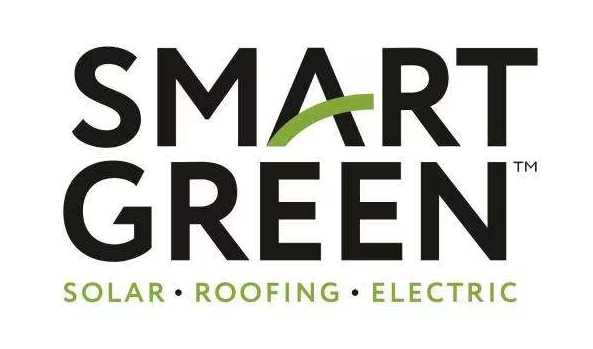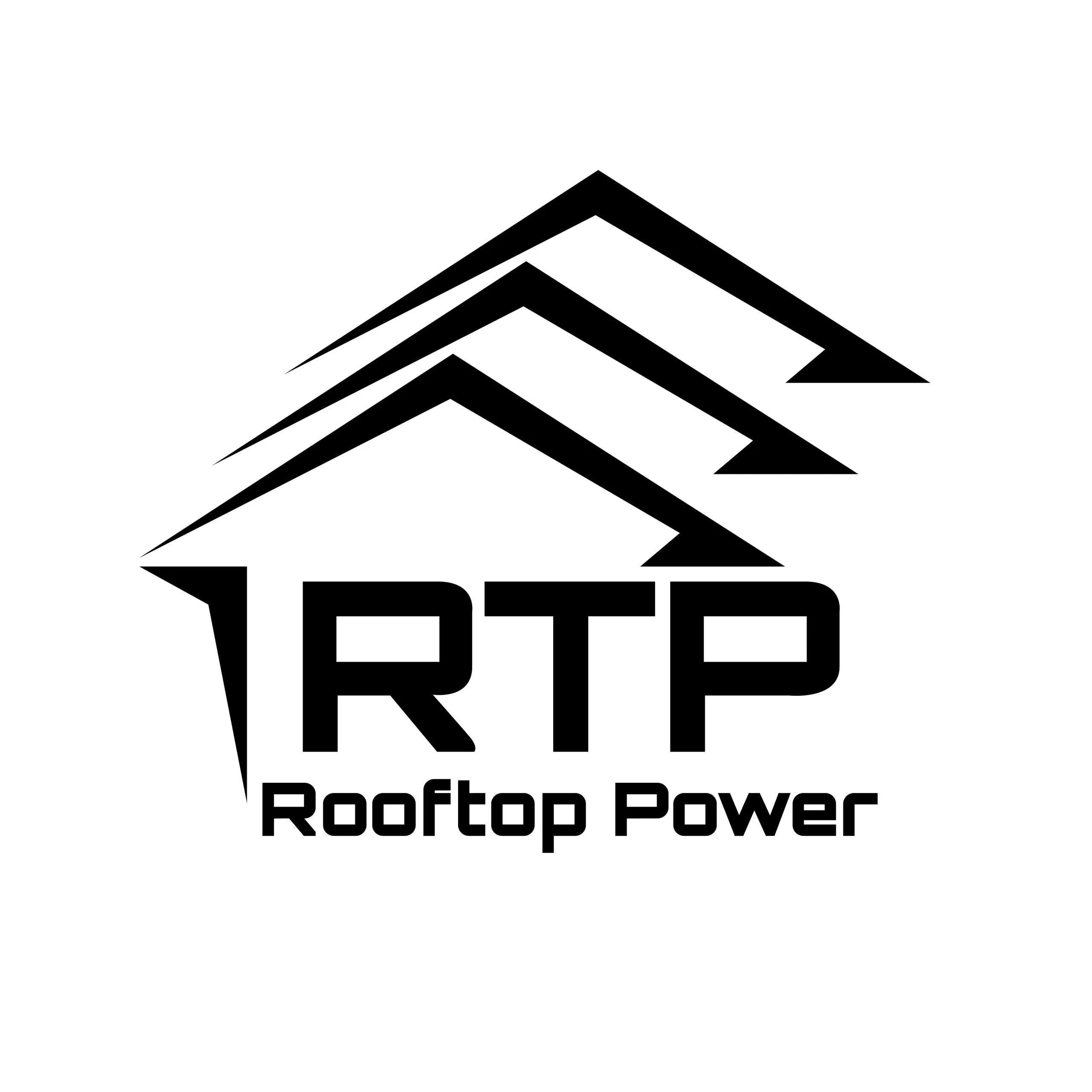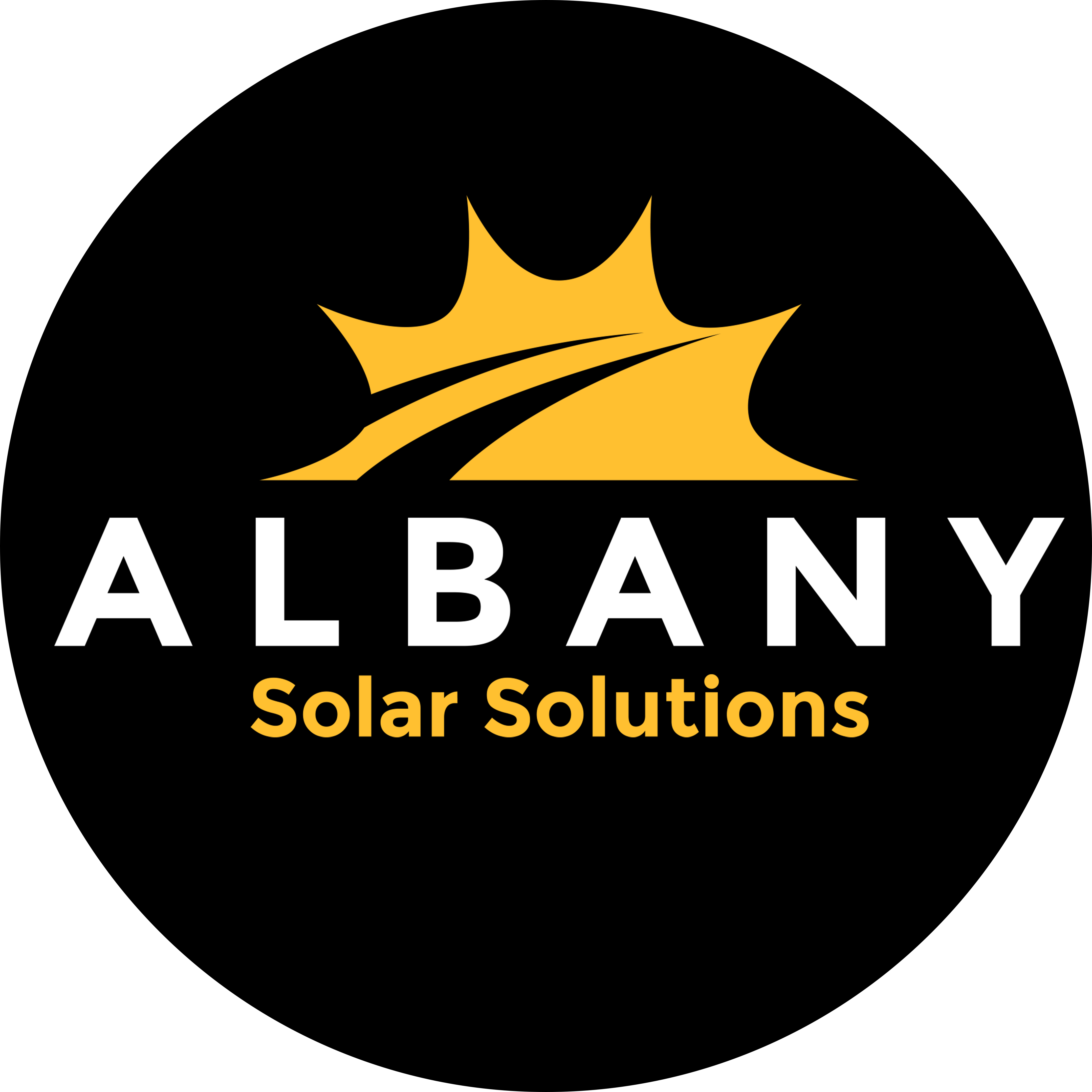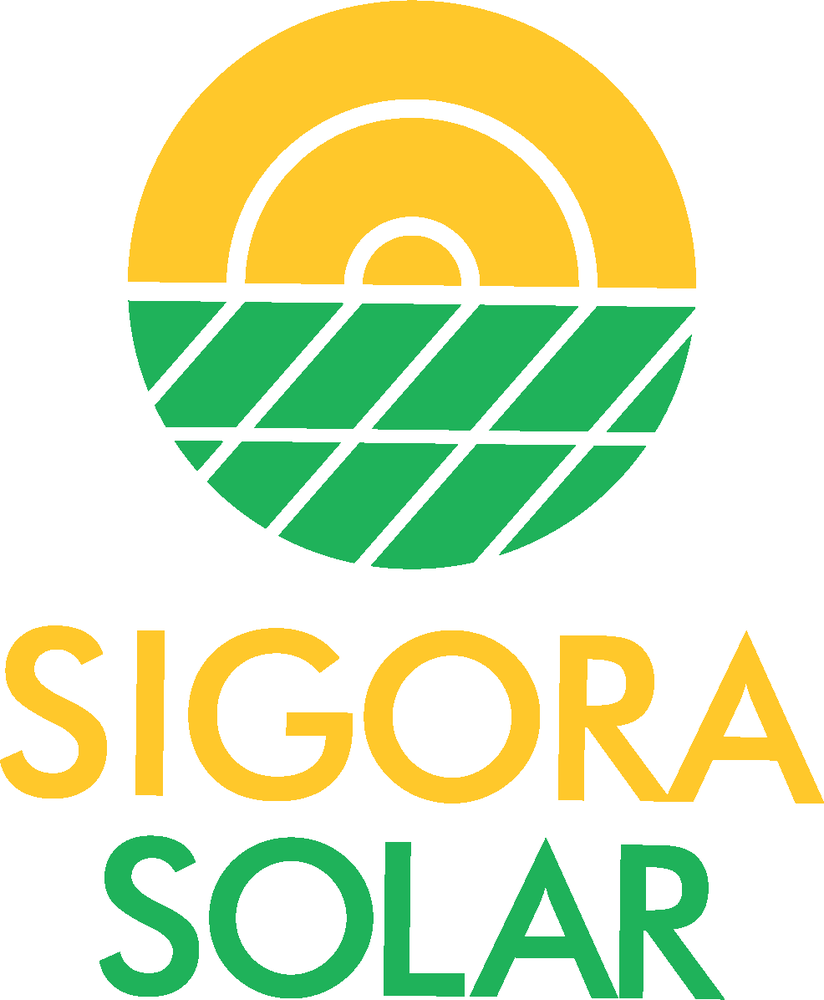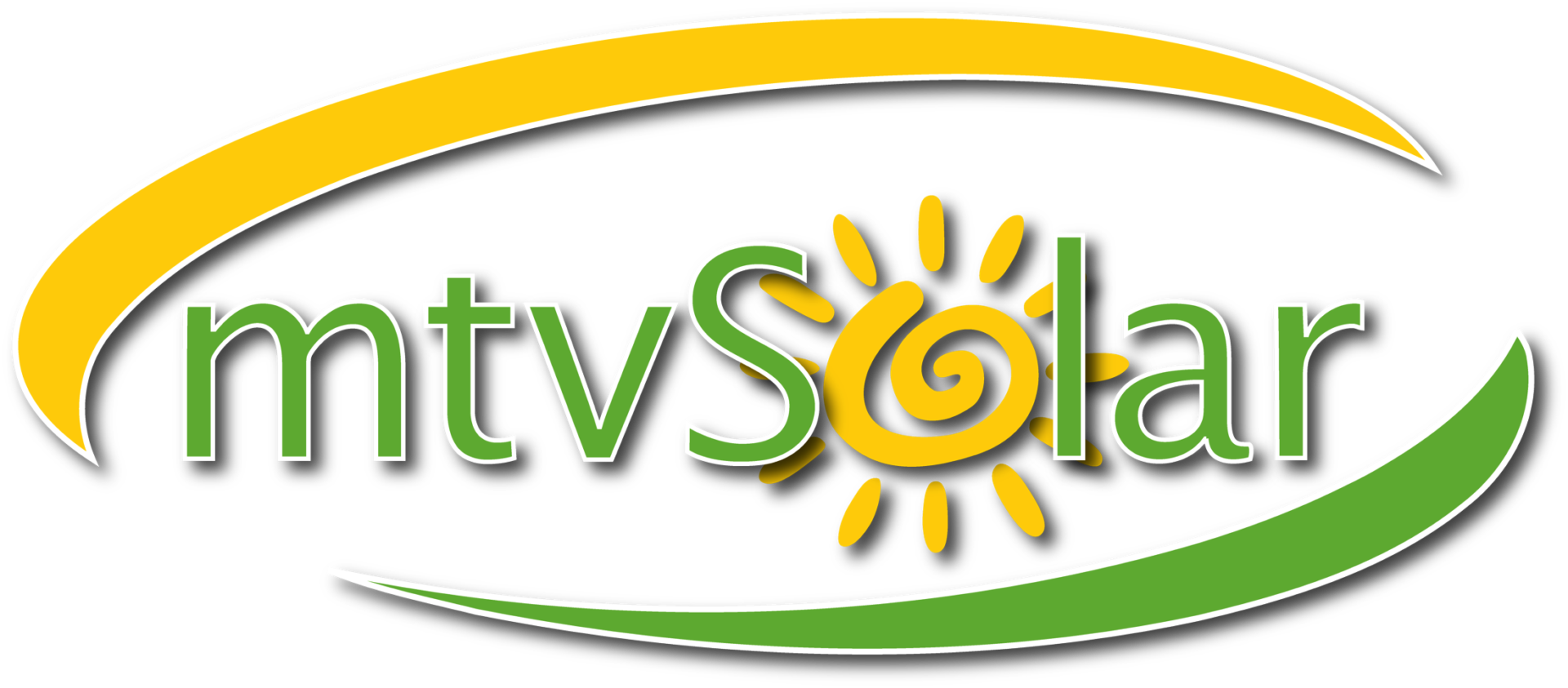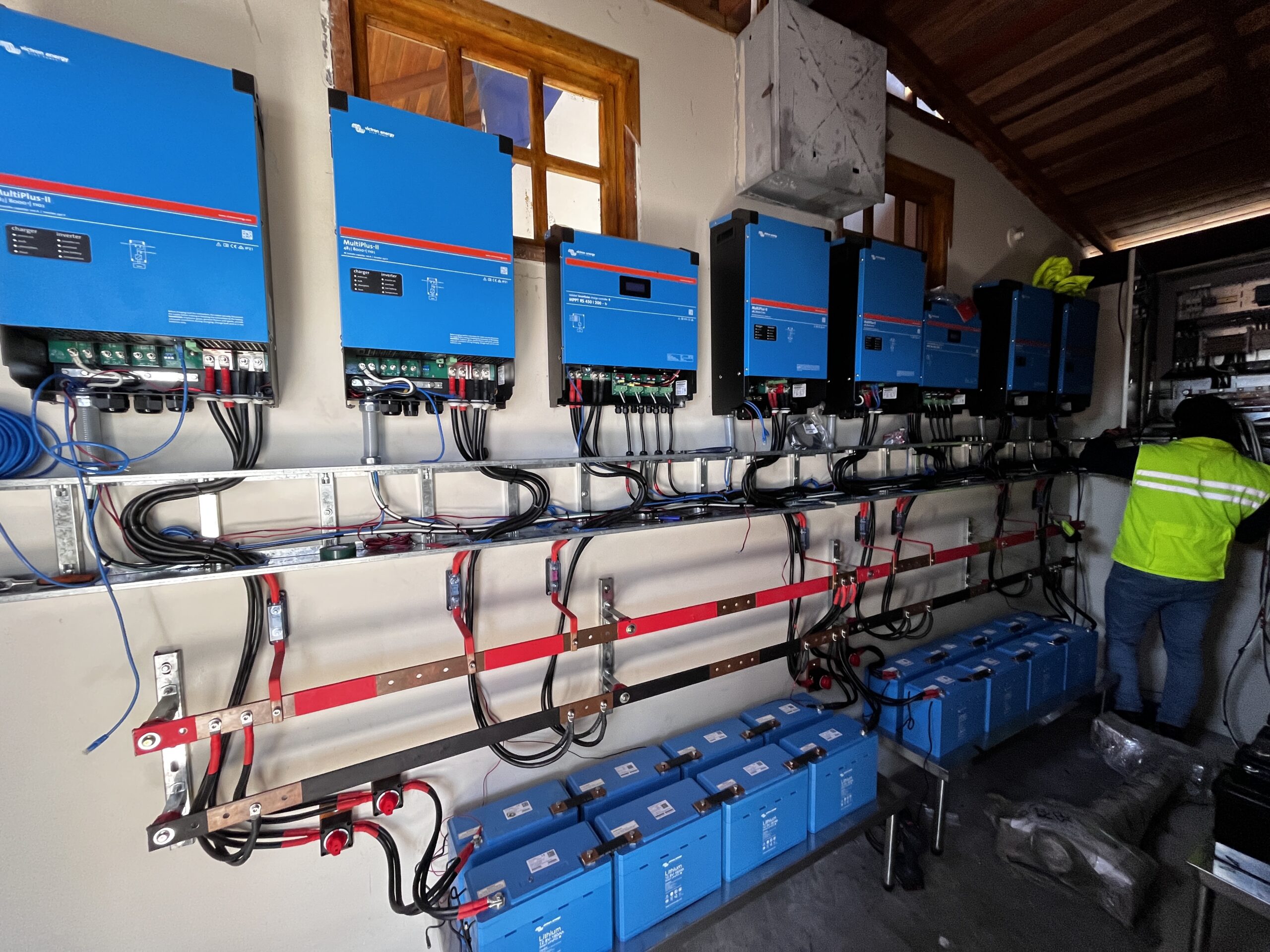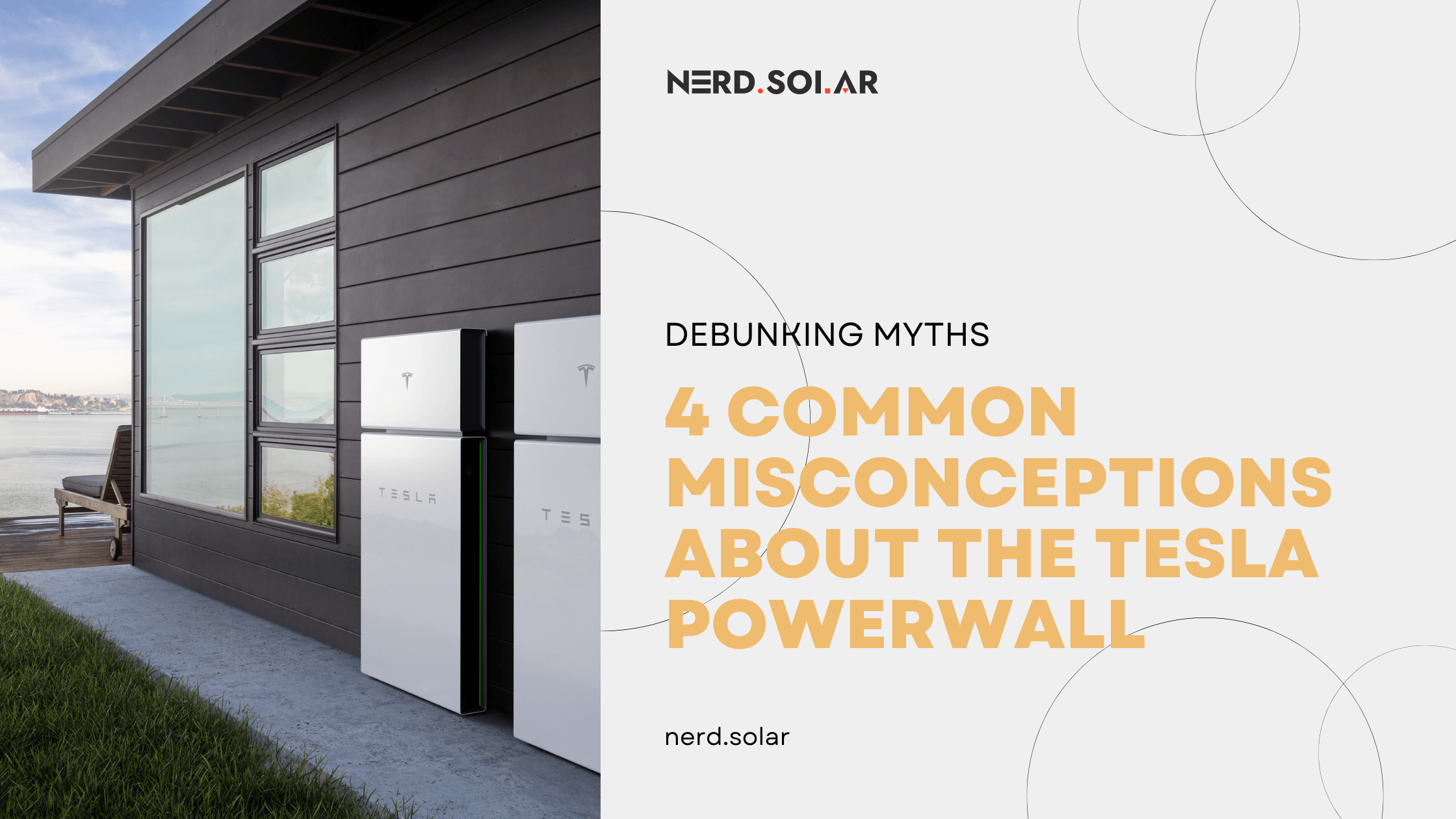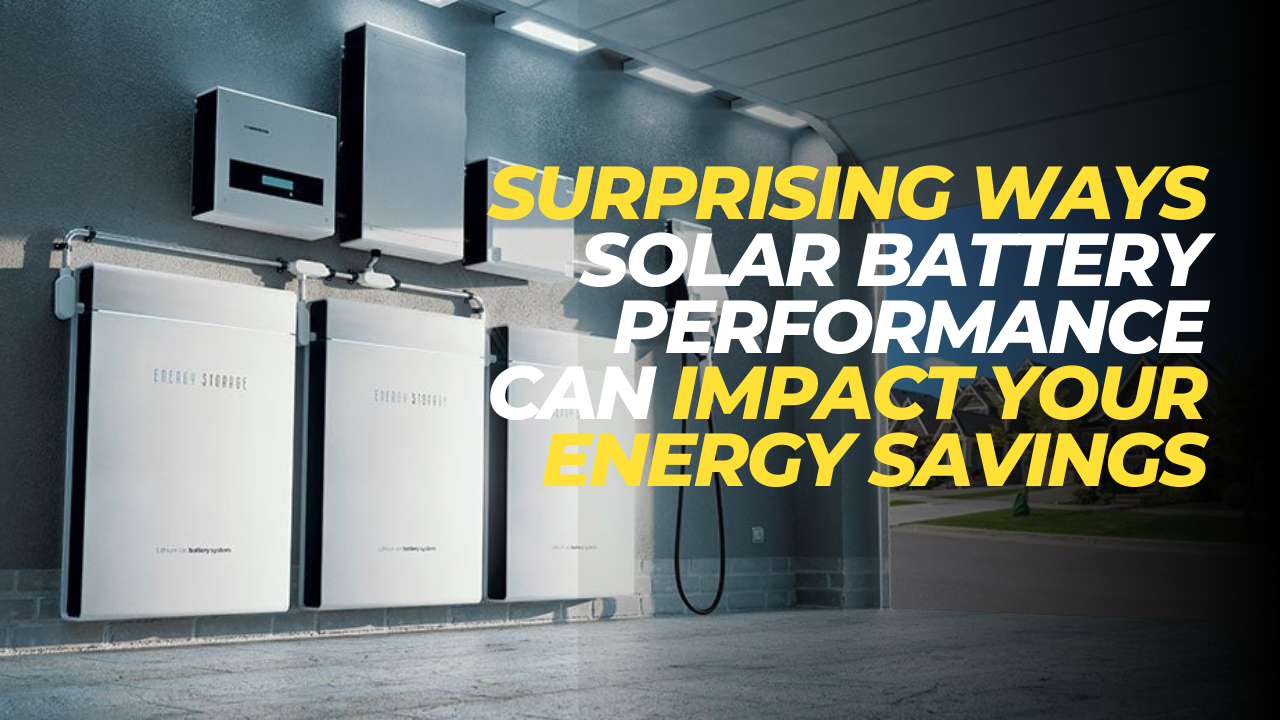How Do We Rate Solar Companies?
TL;DR: We rate solar installers from 1 to 5 stars to help you pick the best one. High stars mean they’re really good at what they do and treat their customers right. Low stars? Not so much. We give credit to companies that have been around for a while, know what they are doing, have a high standard of workmanship and equipment, don’t hire subcontractors to keep the bar of solar installation quality high and have good local reviews from real customers (yes, we check if the reviews are actually real or fake). Companies we choose as top-rated know and can help with federal and local solar incentives to help you save, have good financing plans, and guarantee their work. We’re here to point you to the solar companies that truly rock, making going solar easy and worthwhile for you.
Check our detailed review process here.
Is It Worth Going Solar in Rhode Island?
Yes, going solar in Rhode Island is generally considered a worthwhile investment for several reasons, including financial savings, environmental benefits, and various incentives.
Electricity Bill Savings
Rhode Island has some of the highest electricity rates in the United States, averaging 31.78 cents per kilowatt-hour, compared to the national average of 16.79 cents per kilowatt-hour. This high cost of electricity means that homeowners can achieve significant savings on their electricity bills by installing solar panels. The average Rhode Islander spends around $154.14 per month on electricity, which translates to potential savings of approximately $1,849 per year.
Return on Investment (ROI)
The payback period for solar panel systems in Rhode Island is relatively short, averaging around 8 years. After this period, homeowners can expect to save approximately $46,071 over the lifespan of their solar system.
Additionally, the levelized cost of power from a typical solar system over 25 years is -14.4 cents per kWh, compared to the average utility power cost of 25.3 cents per kWh.
Federal Solar Tax Credit
Homeowners in Rhode Island can take advantage of the federal solar investment tax credit (ITC), which provides a 30% tax credit on the cost of the solar system. This significantly reduces the upfront cost of installation.
State Incentives
Rhode Island offers several state-specific incentives, including:
- Renewable Energy Fund (REF): Provides grants up to $5,000 for residential solar installations.
- Renewable Energy Growth (REG) Program: Offers performance-based incentives (PBIs) for the energy generated by solar systems, with rates ranging from 26.15 to 27.75 cents per kWh.
- Net Metering: Allows homeowners to earn credits for excess electricity generated by their solar panels, which can be applied to future utility bills.
Additional Benefits
- Sales and Property Tax Exemptions: Rhode Island offers a 100% sales tax exemption on solar panel systems and a property tax exemption, meaning the added value from solar installations does not increase property taxes.
- Energy Storage Incentives: Programs like the Connected Solutions Program provide financial incentives for installing energy storage systems, which can further enhance the benefits of going solar.
Environmental Benefits
Switching to solar energy helps reduce carbon emissions and reliance on fossil fuels. Rhode Island has set ambitious goals to achieve 100% renewable energy by 2033, making solar a key component of the state’s clean energy strategy.
Given the high electricity rates, substantial financial incentives, and environmental benefits, going solar in Rhode Island is a sound investment for most homeowners. The combination of federal and state incentives significantly reduces the upfront costs, while the long-term savings on electricity bills and the positive environmental impact make it a compelling choice.
Average Cost of Electricity in Rhode Island
As of 2024, the average residential electricity rate in Rhode Island is approximately 30 cents per kilowatt-hour (kWh), which is significantly higher than the national average of around 16.10 cents per kWh.
This high rate translates to substantial monthly and annual electricity bills for residents. For example, the average Rhode Island resident spends about $270 per month on electricity, totaling $3,240 per year.
How Solar Panels Can Reduce or Eliminate Electricity Costs
Initial Costs and Incentives
The cost of installing solar panels in Rhode Island varies, but on average, a 5 kW system costs around $16,950 before incentives. After applying the 30% federal tax credit, the cost drops to approximately $11,865. Additional state incentives, such as the Renewable Energy Fund, can further reduce the upfront costs.
Long-Term Savings
Solar panels can significantly reduce or even eliminate electricity costs by generating power from sunlight. For instance, a typical Rhode Island homeowner can save around $154 per month on electricity bills, which amounts to approximately $1,849 per year. Over the lifespan of the solar system, these savings can total around $46,071. In some cases, homeowners who pay for their system with cash can save about $77,794 over 20 years.
Example of Savings
Consider a homeowner who installs a 7.8 kW solar panel system, which costs about $22,000 before incentives. After applying the federal tax credit, the cost drops to $15,400. This system can offset 100% of the homeowner’s annual electricity consumption of 10,628 kWh, leading to significant savings. Assuming a 6.3% annual increase in electricity prices, the homeowner can save $3,200 in the first year, $18,400 over five years, $43,300 over ten years, and $123,000 over twenty years.
Net Metering Policies in Rhode Island
Net metering in Rhode Island allows homeowners with solar panels to receive credits for the excess electricity they generate and send back to the grid. These credits can be used to offset future electricity consumption, effectively reducing or eliminating electricity bills.
Key Features
- Credit for Excess Generation: Homeowners receive bill credits for all power generated up to 125% of their on-site consumption during a billing period.
- Virtual Net Metering: This allows eligible customers, such as state agencies, municipalities, and non-profits, to connect their electric load to a renewable system located off-site and still receive net metering benefits.
- Exemptions and Rates: Net metering customers are exempt from backup service rates commensurate with the size of their system, and the retail delivery rates applicable to net metered accounts are the same as those for non-net metered accounts.
Impact on Savings
Net metering can significantly enhance the financial benefits of solar panels by allowing homeowners to maximize their savings.
For example, if a homeowner’s solar system generates more electricity than they use in a month, the excess is credited to their account, reducing future bills. This can lead to substantial long-term savings, especially as electricity rates continue to rise.
What is the average cost of going solar in Rhode Island?
The average cost of going solar in Rhode Island varies depending on the size of the solar panel system and the specific installer, but here are some key figures:
- Cost Per Watt: The average cost per watt for solar panels in Rhode Island is around $2.69 to $3.68.
- System Size and Total Cost: A typical 6 kW system costs approximately $15,456 before incentives and $11,311 after applying for the 30% federal tax credit
- Average Cost Estimates: The average cost of a solar panel installation in Rhode Island ranges from $15,215 to $24,420 before incentives
- Payback Period and Savings: The average payback period for a solar system in Rhode Island is about 8 years
- These costs can vary based on factors such as the specific installer, the size of the system, and additional state incentives like the Renewable Energy Fund (REF) grants and the Renewable Energy Growth (REG) program.
*Please note that these are averages and actual costs can vary. It’s recommended to do your research and get multiple quotes before making a decision.
Rhode Island Solar Incentives
Rhode Island offers a variety of incentives and rebate programs to encourage homeowners to install solar panels. These incentives include federal tax credits, state-specific programs, and local utility incentives. Here is a detailed overview:
Federal Solar Investment Tax Credit (ITC)
- Value: 30% of the total solar installation cost.
- Eligibility: Homeowners who purchase and install a solar photovoltaic (PV) system.
- The ITC allows homeowners to claim 30% of their solar system costs as a credit against their federal tax liability. This credit can be rolled over to subsequent years if the tax liability is less than the credit amount. The ITC will remain at 30% until 2032, then decrease to 26% in 2033 and 22% in 2034, before expiring in 2035 unless renewed by Congress.
Renewable Energy Fund (REF)
- Value: Up to $5,000 for residential projects and up to $75,000 for commercial projects.
- The REF provides grants to reduce the upfront cost of installing solar panels. The grant amount is based on the size of the solar system, with a maximum of $5,000 for residential installations. The program also includes an “Energy Storage Adder” that offers an additional $2,000 for installing energy storage systems.
Renewable Energy Growth (REG) Program
- Value: 26.15 to 27.75 cents per kilowatt-hour (kWh) generated.
- The REG program is a performance-based incentive that pays homeowners for the electricity their solar systems generate. Participants receive a fixed tariff for each kWh produced, with contracts lasting 15 to 20 years. This program is available for systems up to 25 kW and cannot be combined with the REF grant.
Net Metering
- Rhode Island’s net metering program allows homeowners to earn credits for excess electricity generated by their solar panels. These credits can be used to offset future electricity bills. The program credits excess generation at the retail rate up to 100% of the homeowner’s monthly electricity demand, with any additional excess credited at the avoided cost rate. Net excess generation credits are limited to 125% of the homeowner’s utility usage.
Sales and Property Tax Exemptions
- Sales Tax Exemption: Homeowners do not have to pay sales tax on the purchase of solar panel systems, saving approximately 7% of the system cost.
- Property Tax Exemption: The added value from installing solar panels does not increase property taxes, ensuring that homeowners do not face higher property taxes due to their solar investment.
Connected Solutions Program
- Value: $400 per kW performed during demand response events.
- This program compensates homeowners for allowing Rhode Island Energy to access their battery storage during peak demand times. Participants can earn around $1,500 per year, depending on the number of events and the power their battery can provide
*These incentives make solar energy a more affordable and attractive option for homeowners in Rhode Island. However, it’s important to note that most incentive programs are only authorized for a certain period of time or until funding runs out.
Are There Any Community Solar Programs in Rhode Island?
Yes, Rhode Island offers several community solar programs that allow residents to benefit from solar energy without installing panels on their own property. These programs are designed to make solar energy accessible to renters, homeowners, municipalities, and non-profits. Here is a detailed overview of the community solar programs available in Rhode Island and how to take advantage of them:
What is Community Solar?
Community solar projects are large solar farms shared by multiple households. These projects allow members of a community to share the benefits of solar power, even if they cannot install solar panels on their own roofs or properties. Participants benefit from the electricity generated by the community solar farm, which typically costs less than traditional electricity.
Key Features of Community Solar Programs
- Virtual Net Metering (VNM): Rhode Island established a virtual net metering policy in 2016, allowing electricity customers to receive bill credits for energy produced at large, off-site solar projects. This means subscribers can receive credits on their electric bills for excess energy produced by their share of a solar farm.
- Savings: On average, community solar subscribers in Rhode Island receive a 5-10% discount off traditional electricity costs over the course of a year.
- Accessibility: Community solar is available to both renters and homeowners within eligible utility service areas, making it a flexible option for those who cannot install solar panels on their property.
Examples of Community Solar Projects
- Broncos Highway Solar: Rhode Island’s first community solar project, which went online in Burrillville in September 2019. It serves 715 National Grid customers.
- Hartford Pike Solar: A 3.48 MW community solar project producing around 4,384,800 kWh of solar energy annually. This project is actively subscribing customers.
- King Solar: The largest community solar project in Rhode Island, with over 1,700 local residents subscribed.
- Echo Valley Apartment Complex: A 426 kW rooftop community solar project serving residents of the complex and the surrounding community.
How to Take Advantage of Community Solar Programs
- Find a Community Solar Project: Visit the Rhode Island Community Solar Marketplace or other platforms like EnergySage to find available community solar projects in your area.
- Subscribe to a Project: Sign up for a share of a community solar farm. This typically involves filling out an application form and agreeing to the terms of the subscription. Many projects offer $0-down subscription options, making it easy to join without upfront costs.
- Receive Bill Credits: Once subscribed, you will start receiving credits on your electric bill for the energy produced by your share of the solar farm. These credits will reduce your overall electricity costs.
- Monitor Savings: Keep track of your savings and the performance of your community solar share. Most providers offer online portals or regular updates to help you monitor your benefits.
Benefits of Community Solar
- Cost Savings: Save 5-10% on annual electricity costs without the need for rooftop installations.
- Environmental Impact: Support local renewable energy projects and reduce carbon emissions.
- Flexibility: Ideal for renters and those who cannot install solar panels on their property. Community solar subscriptions are often easy to opt-out of and may have flexible contract terms.
Additional Resources
- Community Solar Marketplace: A platform to explore and subscribe to community solar projects in Rhode Island.
- Rhode Island Office of Energy Resources: Offers detailed information on community solar programs and other renewable energy incentives.
By participating in community solar programs, Rhode Island residents can enjoy the benefits of solar energy, save on electricity costs, and contribute to a cleaner environment without the need for personal solar installations.
